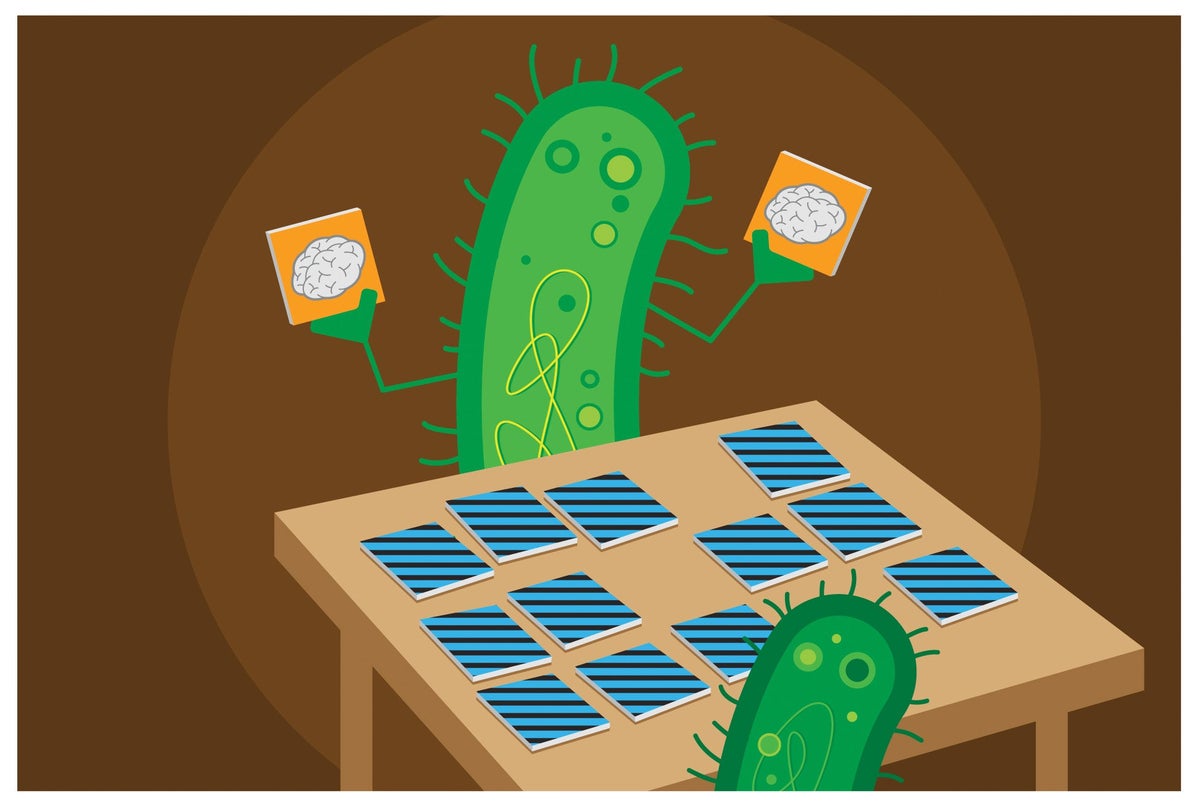Bacteria choose to swarm based on what happened to their great-grandparents
Even organisms without brains can remember their past: Scientists found that Escherichia coli bacteria form their own kind of memories of exposure to nutrients. They pass these memories down to future generations, which can help them evade antibiotics, the research team reported in the Proceedings of the National Academy of Sciences USA.
“We typically think of microbes as single-celled organisms [that each] do their own thing,” says Dartmouth College microbiologist George O’Toole, who studies bacterial structures called biofilms. In reality, bacteria frequently survive by working together. Much like honeybees relocating their hive, colonies of bacteria in search of permanent homes will often travel as collective units called swarms.



I didnt specify animal clone. I understand that after the split they are fully identical.
The article explains how over time a cell will become modified from its experiences/surroundings. And because they split identically this new information gets passed on.
Imagine if you where 100% clones using a magic cloning machine, brain memmories even your clothes. One of you gets to live in a resort, the other is send to the mines. After a few years both you and the clone will be modified by the respective lifestyle and will no longer be fully identical.
Yeah, then—for that kind of magic/sci-fi clone, the analogy would be closer.
Plants propagated by cuttings are clones. No magic required, or even fancy biotech.
That’s why I specified both material and functional continuity: a plant cutting has the first, but not the second.
That matters here because without functional continuity, any epigenetic, memory-like functionality would have to be diffused throughout the organism’s entire substance if the cutting is going to retain it—while a bacterium undergoing cell division has an opportunity to copy any local memory-retaining features when it divides.